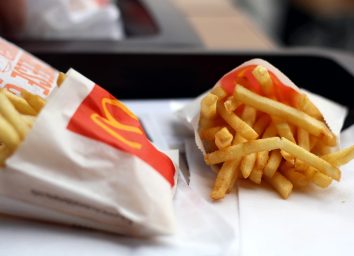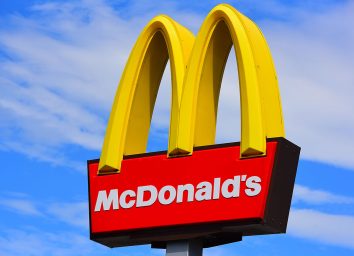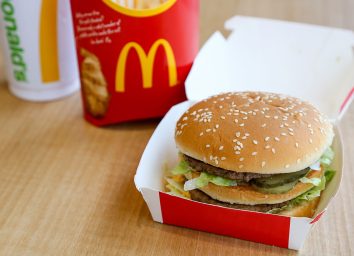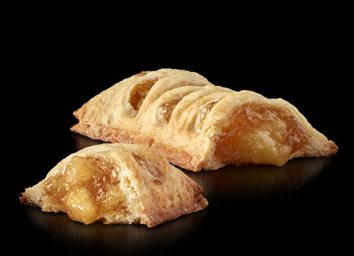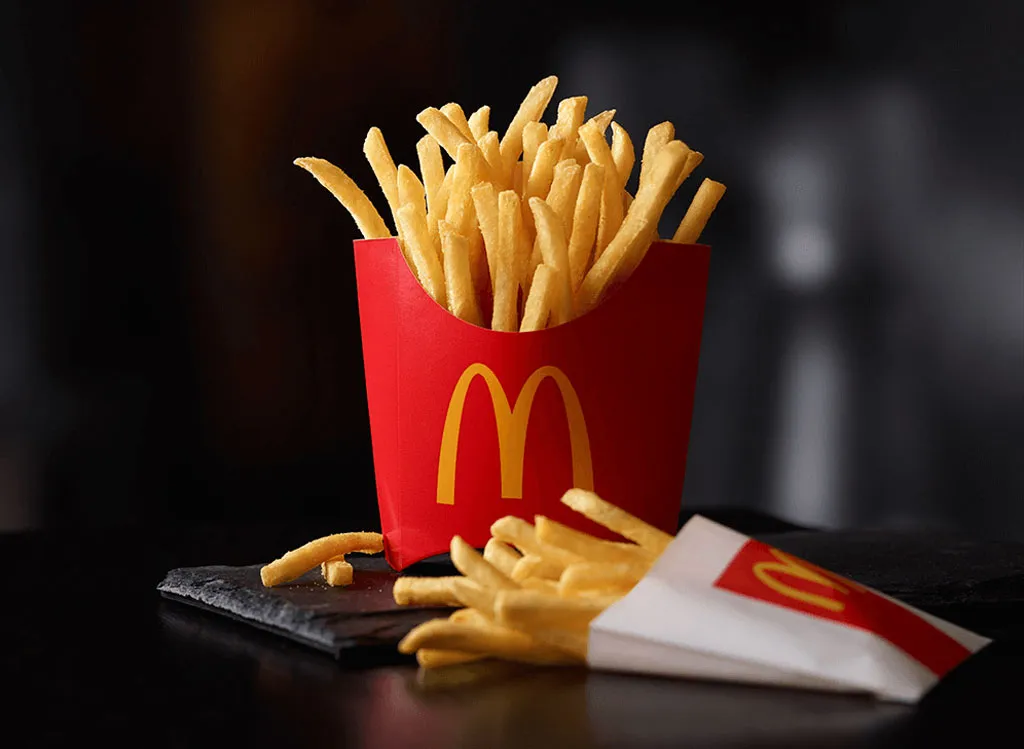
If you were born before the 1990s, you might remember McDonald's French fries tasting a little bit different than they do now. Well, that's not your imagination playing tricks on you.
In 1990, McDonald's changed its French fry recipe in an effort to make the beloved side dish "healthier." However, the jury's out on whether or not they succeeded. Let's take a look back at the singular switch McDonald's made that changed its French fries forever.
What was the original McDonald's French fry recipe?
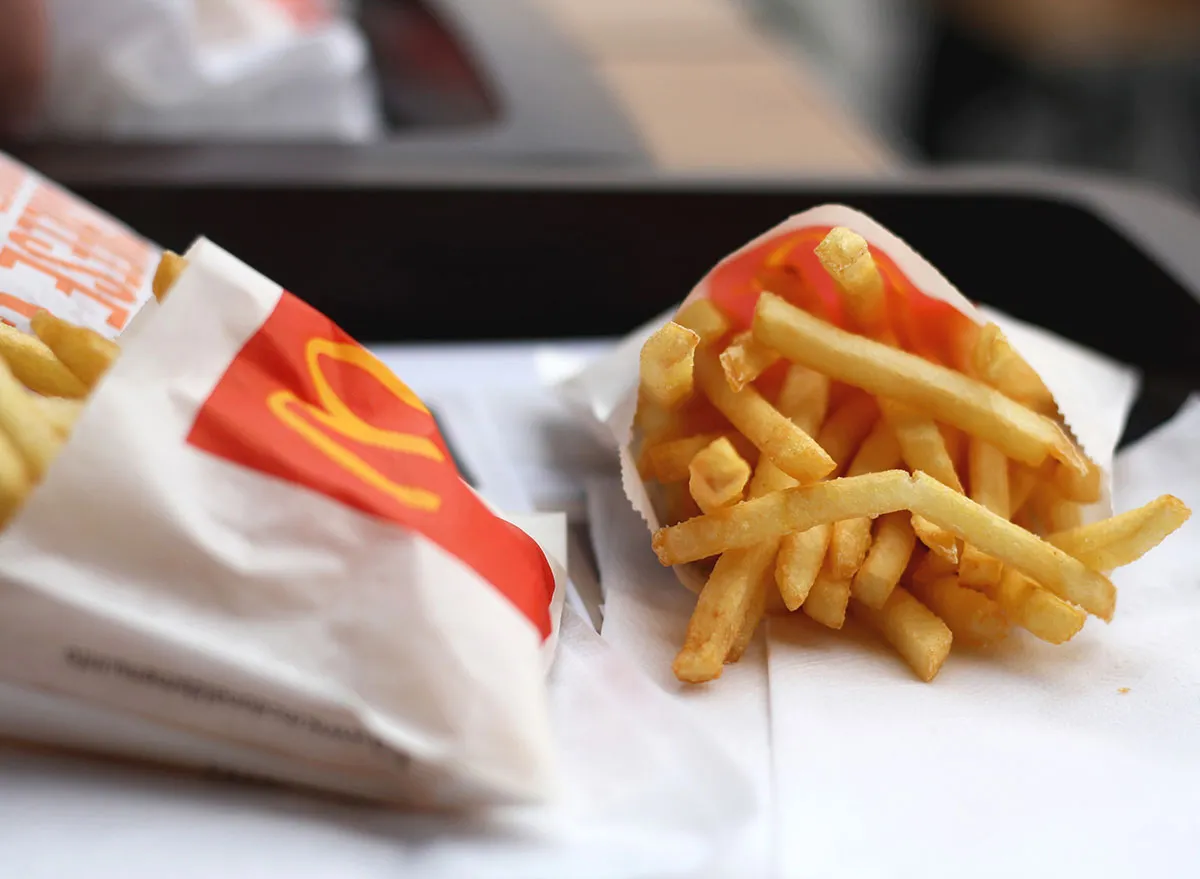
It was McDonald's founder Ray Kroc who decided the chain should cook the signature French fries in one key ingredient: beef tallow, according to The New Yorker. For Kroc, it was all about that rendered beef fat. He'd learned about the approach through his favorite Chicago hot dog stand, Sam's. They cooked their fries in animal fat, and Kroc thought McDonald's should follow suit.
"The McDonald's French fry was in an entirely different league," Kroc wrote in his 1977 memoir, Grinding It Out: The Making of McDonald's. "The French fry would become almost sacrosanct for me, its preparation a ritual to be followed religiously."
But some rituals don't last forever.
Why and how did McDonald's change its fry recipe?

Beginning in 1990, McDonald's ditched the beef-based preparation and started cooking their French fries in vegetable oil. It was the chain's first major alteration to the fries since they were added to the McDonald's menu in the 1950s. The switch was all because of a man named Phil Sokolof.
After having a heart attack in 1966, Sokolof began lobbying against cholesterol and fat in fast food, specifically targeting McDonald's. He eventually got the company's attention, leading the chain to stop cooking its fries in beef tallow in 1990. Because of the change, McDonald's could boast that its beloved side dish now had no cholesterol and a 45 percent decrease in fat, Cheapism noted.
While it was a win for Sokolof, it wasn't good news for McDonald's at first. For many fans, the updated fry recipe didn't have the delicious taste that set the fries apart in the first place. In fact, McDonald's stocks fell as a result.
Are McDonald's fries really healthier now?
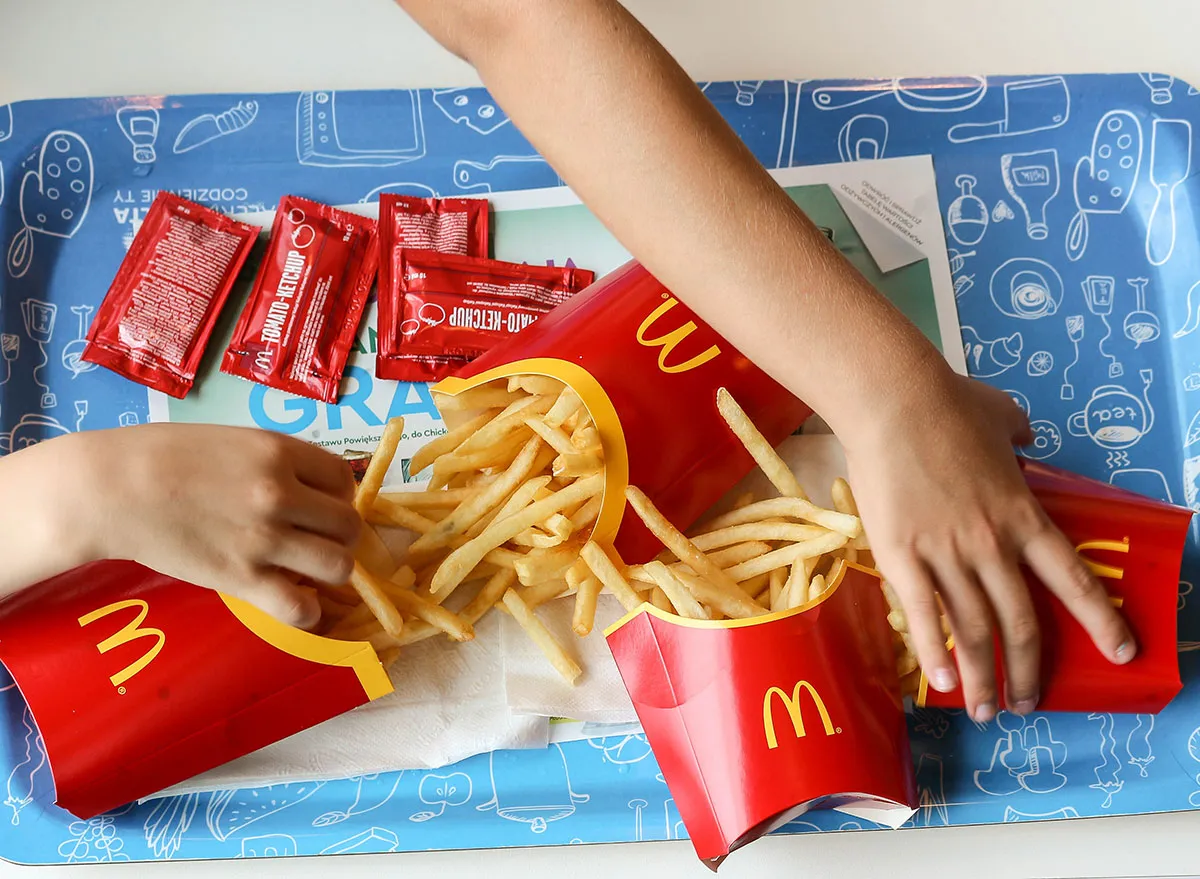
Journalist Malcolm Gladwell did a deep dive into McDonald's fry recipe change on his popular podcast, Revisionist History. During a 2017 episode, he questioned the notion that vegetable oil is inherently healthier than beef tallow. "It turns out to be false that vegetable oil is healthier for you than beef tallow," he said on the podcast. "So not only did they destroy the French fry, they gave us something that was worse for us from a health perspective."
Let's be clear: Neither animal fat nor vegetable oil is good for you, per se. However, vegetable oil can have high levels of trans fat, which is widely considered to be the worst kind of fat. Too much of it can cause weight gain, digestive issues, and a whole list of cardiovascular diseases.
Have there been more changes to McDonald's food?
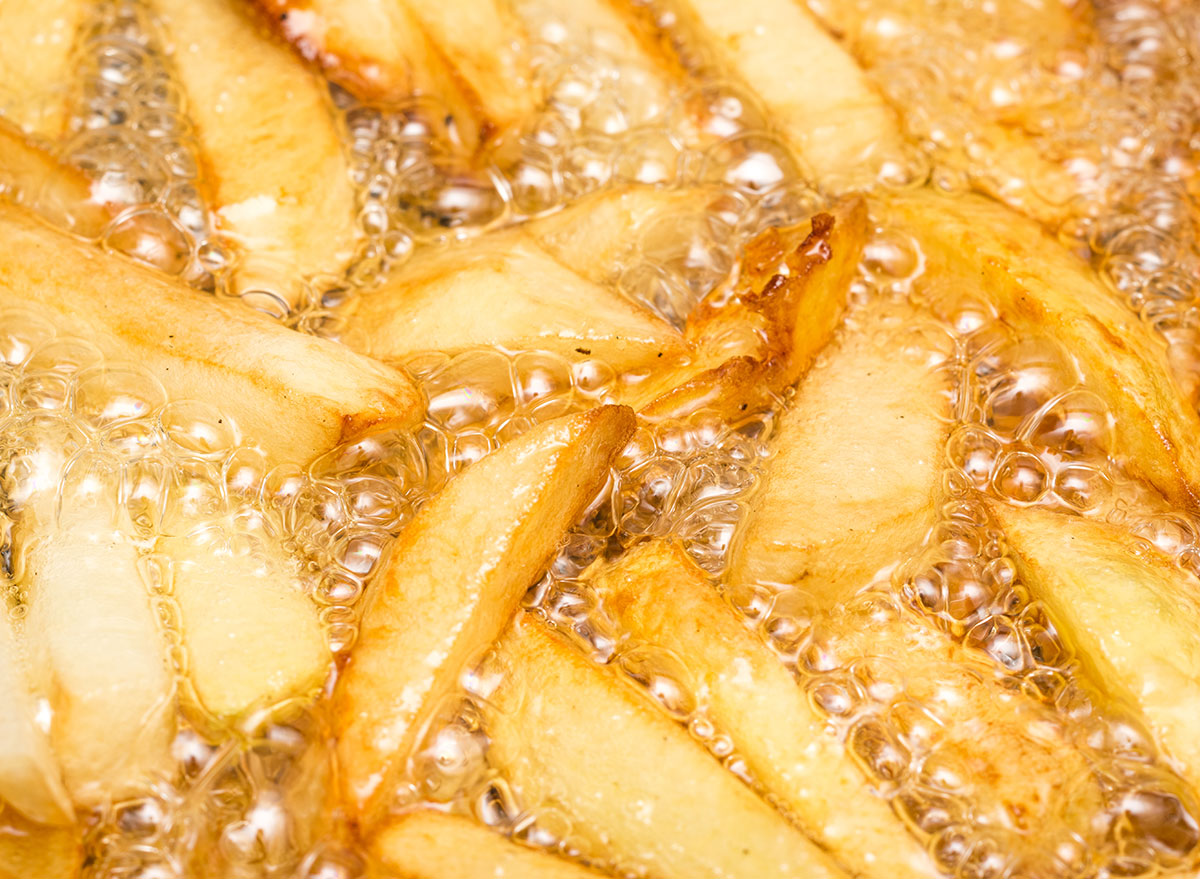
Well, since the great big 1990 French fry change, McDonald's has swapped the oil its fries are cooked in twice more. In 2002, the chain began cooking the fries in a soy-corn oil blend, and in 2007 and 2008, McDonald's phased in an oil that was free of trans fats.
McDonald's current fry ingredient list does include "natural beef flavor," but don't get too excited, tallow lovers.
According to the company, that so-called natural flavor is made of "wheat and milk derivatives." So there isn't any actual beef product in the fries—although they aren't vegan-friendly, thanks to the hydrolyzed milk that's used.
McDonald's fries are still the most popular menu item that the chain restaurant serves. Worldwide, McDonald's sells approximately 9 million pounds of fries a day. But for some, nothing will compare to that beefy McDonald's French fry flavor of yore.
